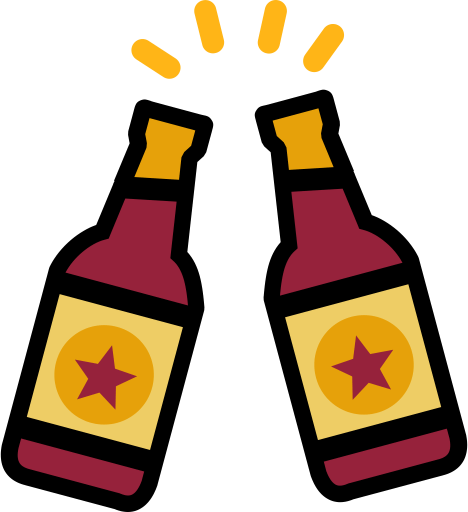

Most common example would be a bicycle, I think - your pedals tighten on “in the same direction the wheel turns” as you look at them. So your left pedal has left-hand thread, and goes on and comes off backwards.
The effect of precession also means that you can tighten the pedals on finger tight and a good long ride will make them absolutely solid - need to bounce up and down on a spanner to loosen them.







Nah - Doom (DOS): and Doom Eternal are on there, as are Baldur’s Gates 2 and 3.